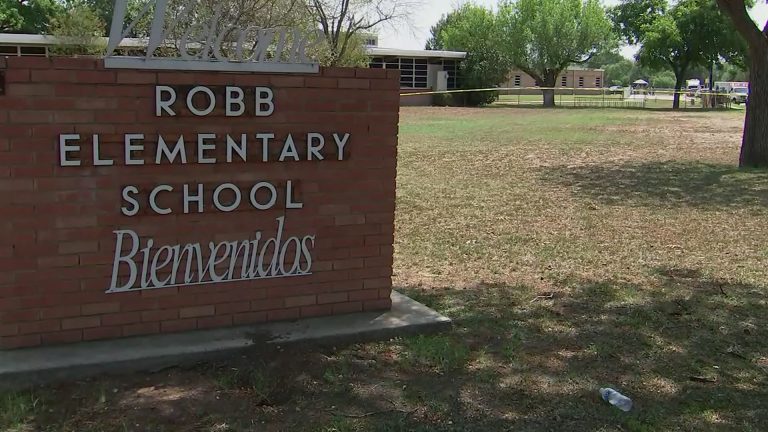We’ve all come to accept that things change. But few of us realise that meanings also change with time. For example, there was a time when the phrase “over the hill” referred to a person being irrelevant and no longer playing a role of any importance in the world. If you wanted to criticise someone who no longer appeared to be in touch with the latest developments, you would say, “Oh, he’s over the hill.”
Today, however, I want to suggest that, for any leader wanting to operate with real strategic foresight, that’s exactly where they need to be looking – over the hill, to see what’s hidden from sight from where they currently are!
Because leadership is about what lies ahead, what’s in the future, the concept of seeing what’s hidden from view is an important one and strategic foresight is a skill all leaders would do well to develop.
Leaders are meant to continue the journey on the other side of the hill. And that’s why they need to be able to see what’s over the hill—ahead of the pack, ahead of their people.
Leaders whose thinking is right where their people are, have no means to lead anyone anywhere. After all, they’re in exactly the same space, in the same spot, as their people. They’re therefore not much help to anyone else; they’re as much in need of help as everyone else!
A leader who has gone over the hill, ahead of their people, will be a little more familiar with the landscape they’ve explored, and much better able to create the right environment for their people to perform.
So how do leaders go “over the hill”?
Keep learning
A leader who considers themselves to be experts and does not need to learn anything more because they think they know what they’re doing, is putting themselves in a very vulnerable position. The word “expertise” is one of those terms that has undergone a change in meaning.
In the past, expertise referred to knowing a lot about your field. Today, expertise refers to what you know about your field – up to now. Tomorrow something can happen that makes certain expertise irrelevant.
Experts therefore have to keep learning, not only from the present and the past, but also from the future. Learning from the future is a new concept to many leaders but is becoming increasingly necessary.
Develop your intuition
Expertise doesn’t only involve knowledge. It also involves your intuition, insight, gut instinct, experience and judgement. While we may be drowning in a sea of data, the irony is that, at the same time, we’re dealing with increasing uncertainty, and uncertainty is the absence of data.
How then does a leader make decisions when there is no data on which to base them? They use their intuition, insight, gut instinct, experience and judgement …
If you want to be a leader who can lead their people over the hill, develop your intuition!
Work on your anticipation
Those who take a scientific approach to leadership battle with concepts like anticipation because it’s simply not an evidence-based skill. In the business world, it’s having a sense of what’s going to happen before there is any evidence for the event. If there is evidence, there is no anticipation needed.
For example, if it’s announced that something is going to happen tomorrow, you don’t anticipate the event – you simply expect it to happen, because there is a level of certainty.
Where there is uncertainty, a leader with anticipation, has a feeling that something is going to happen before the evidence appears. They are therefore much better placed to deal with the event when it happens.
Overcome your fear of innovation
Many leaders talk a big game with regard to innovation but don’t understand what true innovation really is – trying things no-one else has tried before.
To do this, leaders have to overcome their fear of failure, because when you try something you’ve never tried before, chances of failure are very high – not due to incompetence but because you’ve simply never tried that before. Those who are not prepared to fail are not prepared to innovate. Fact.
So, leaders, if you are still climbing the hill, you cannot see what’s on the other side. You’re expending a lot of effort and energy just to get to the top of the hill when you instead need to get over the top of the hill as fast as you can by learning, developing your intuition, anticipating and innovating.
Any courageous volunteers?
Alan Hosking is the publisher of HR Future magazine, www.hrfuture.net and @HRFuturemag. He is a recognised authority on leadership skills for the future and teaches experienced business leaders and Millennial managers how to lead with integrity, purpose and agility. In 2018, he was named by US-based web site Disruptordaily.com as one of the “Top 25 Future of Work Influencers to Follow on Twitter“.























